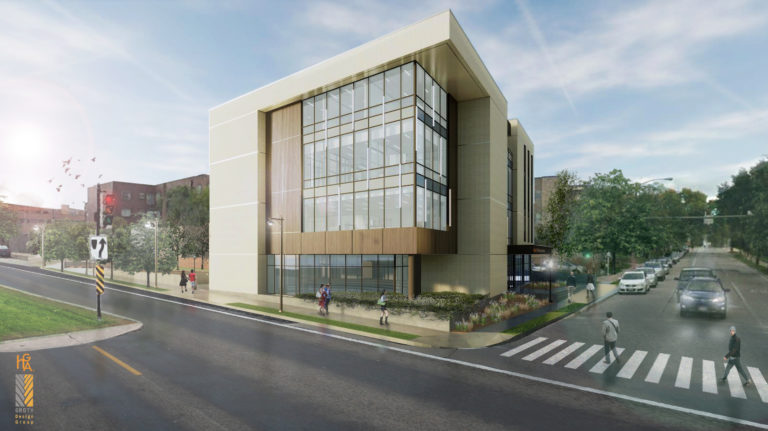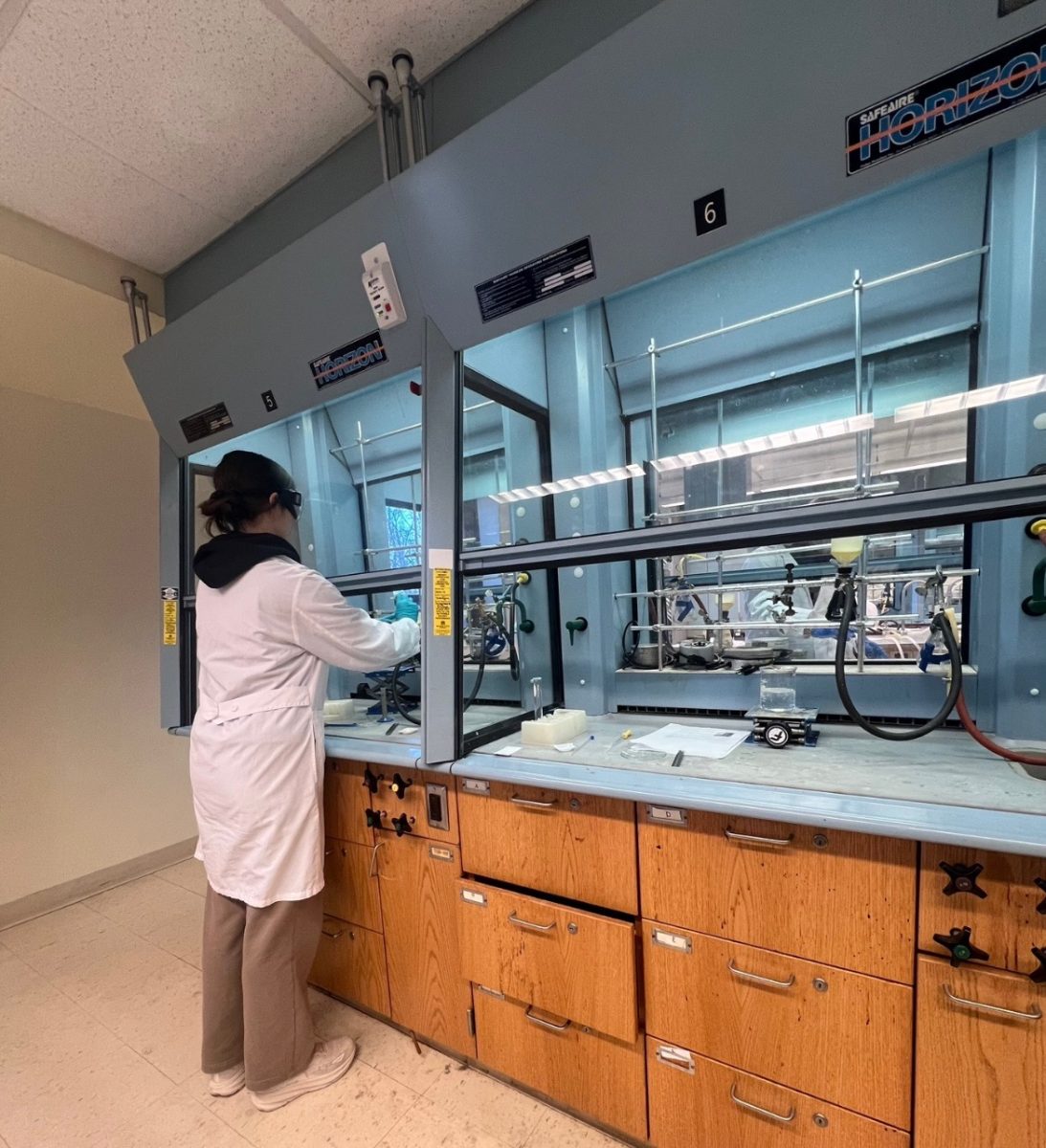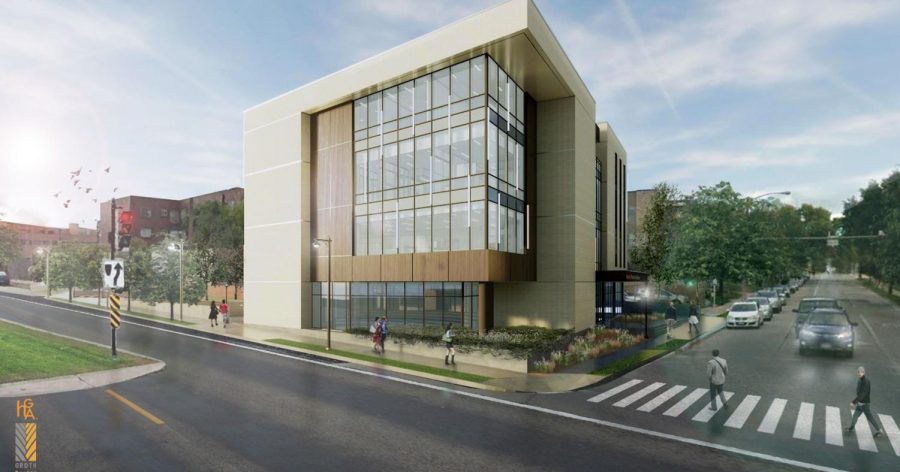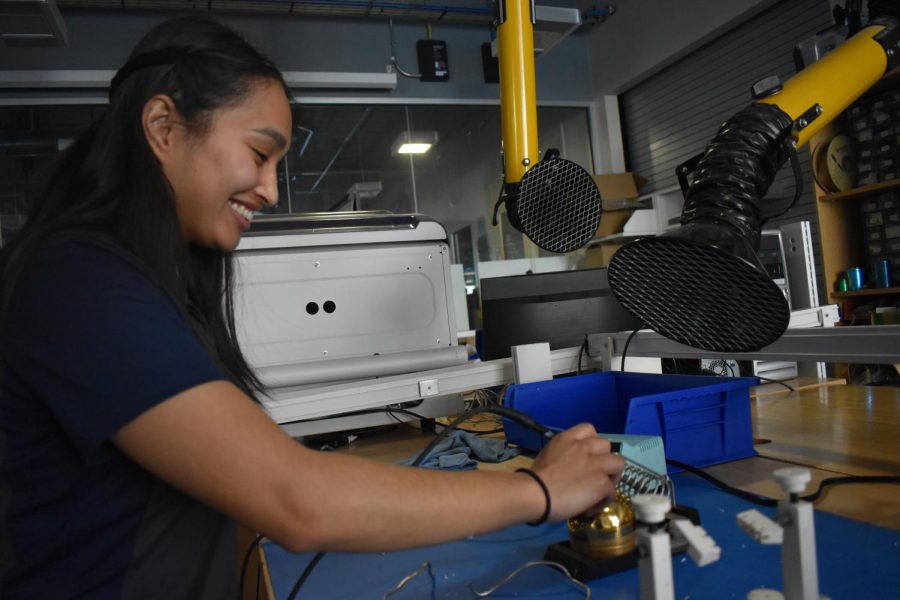The university will break ground this spring on a facility for the physician assistant program on the corner of West Clybourn and North 18th Streets.
The building is expected to open in fall 2019. The new facility will allow for more spots in the program, making the university’s program one of the largest in the region and nation, according to university officials.
The program will expand from 55 to 75 seats and will be restructured from 33 months to 28 to be more affordable and competitive with other programs, said William Cullinan, dean of the College of Health Sciences.
The expansion has been in the planning stages for a year and a half. The first thought was to expand within Schroeder Complex, but the cost of renovating was prohibitively expensive, Cullinan said.
“The site selected at (18th) and Clybourn works well for several reasons. It brings the program closer to other elements of the College of Health Sciences,” Cullinan said. “The location will facilitate interdisciplinary educational training with the Colleges of Nursing, Dentistry, as well as other Health Sciences programs (like) physical therapy, speech and language pathology.”
PAs provide care and help physicians in the diagnosis and management of patients. Many students are attracted to the field because training is less extensive than medical school, Cullinan said.
There is a reduction in debt when comparing a PA program to medical school, Cullinan said. He said PAs can have deep relationships with patients and the flexibility to change specialty areas of practice during their career.
“The expansion enabled by the new facility will allow us to help address a shortage of primary care and other medical providers that is projected to worsen with the aging demographic,” Cullinan said.
The university’s program is ranked 40th by U.S. News and World Report and scored in the 99th percentile of the board score, something that is attractive to incoming students.
Several students in the program said they are happy to see it expanding.
“Classes will increase with the new addition, but that’s not a bad thing at all. With an increase in class sizes there will be a great abundance of fellow classmates to help study for classes instead of a small group,” Thea Mauck, a freshman in the College of Health Sciences, said.
Michael Fenske, a sophomore in the College of Health Sciences, said he hopes the expansion will bring new technology and space for hands-on learning so they can keep up with the expanding medicine industry.
Students can apply to the PA program as early as the summer going into sophomore year, and accepted students can complete their undergraduate and graduate degree in five years.
“The PA program at Marquette is extremely difficult to get into,” Eliza Lowe, a freshman in the College of Health Sciences, said. “I chose Marquette because they allow you to apply early to the program.”





